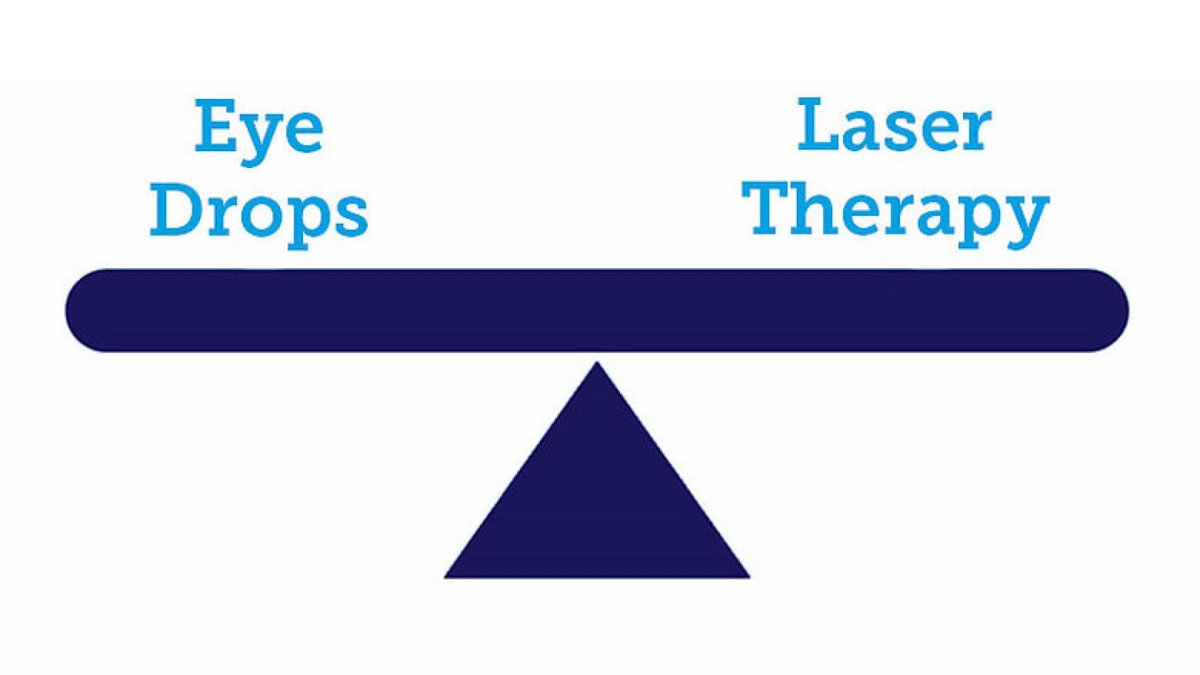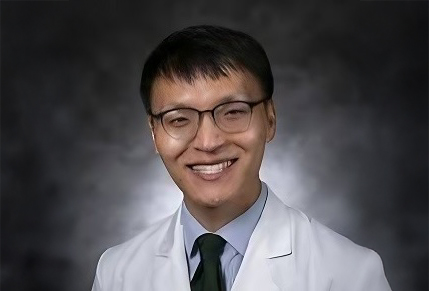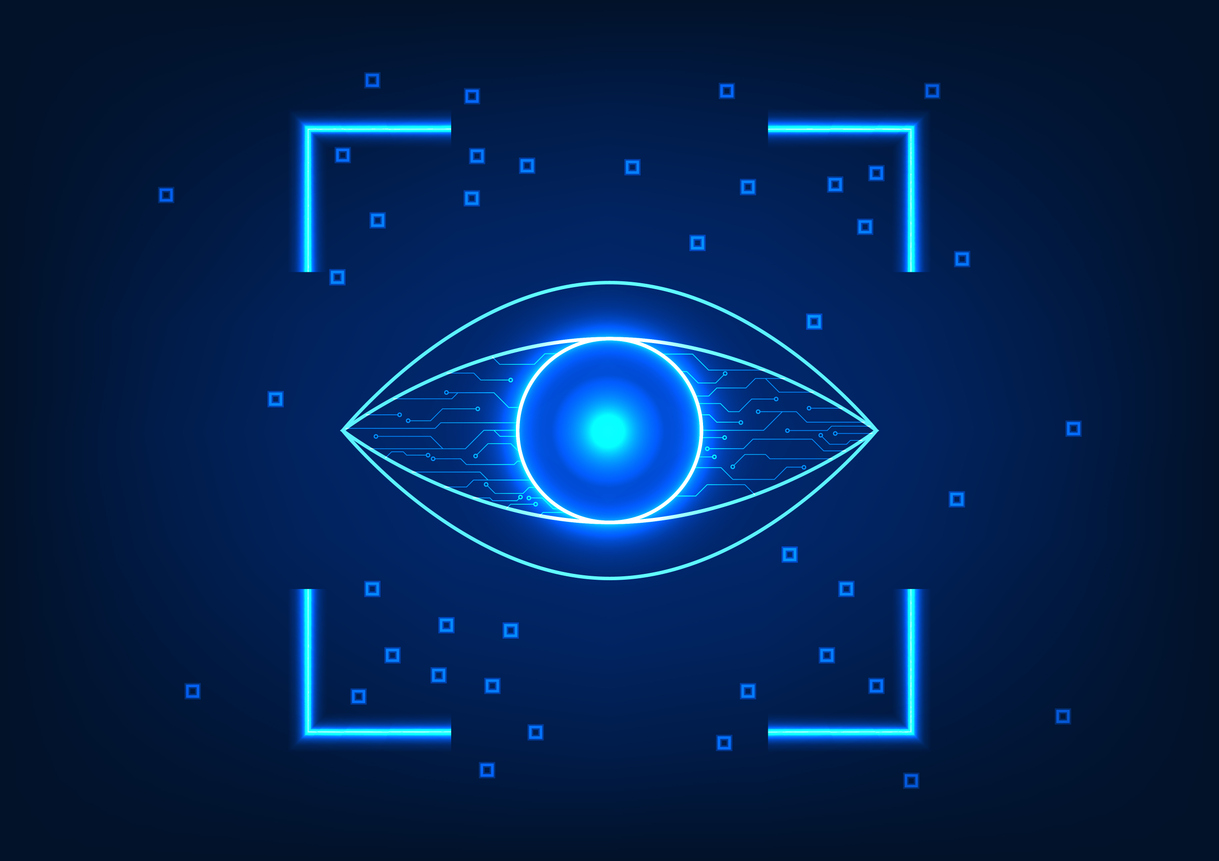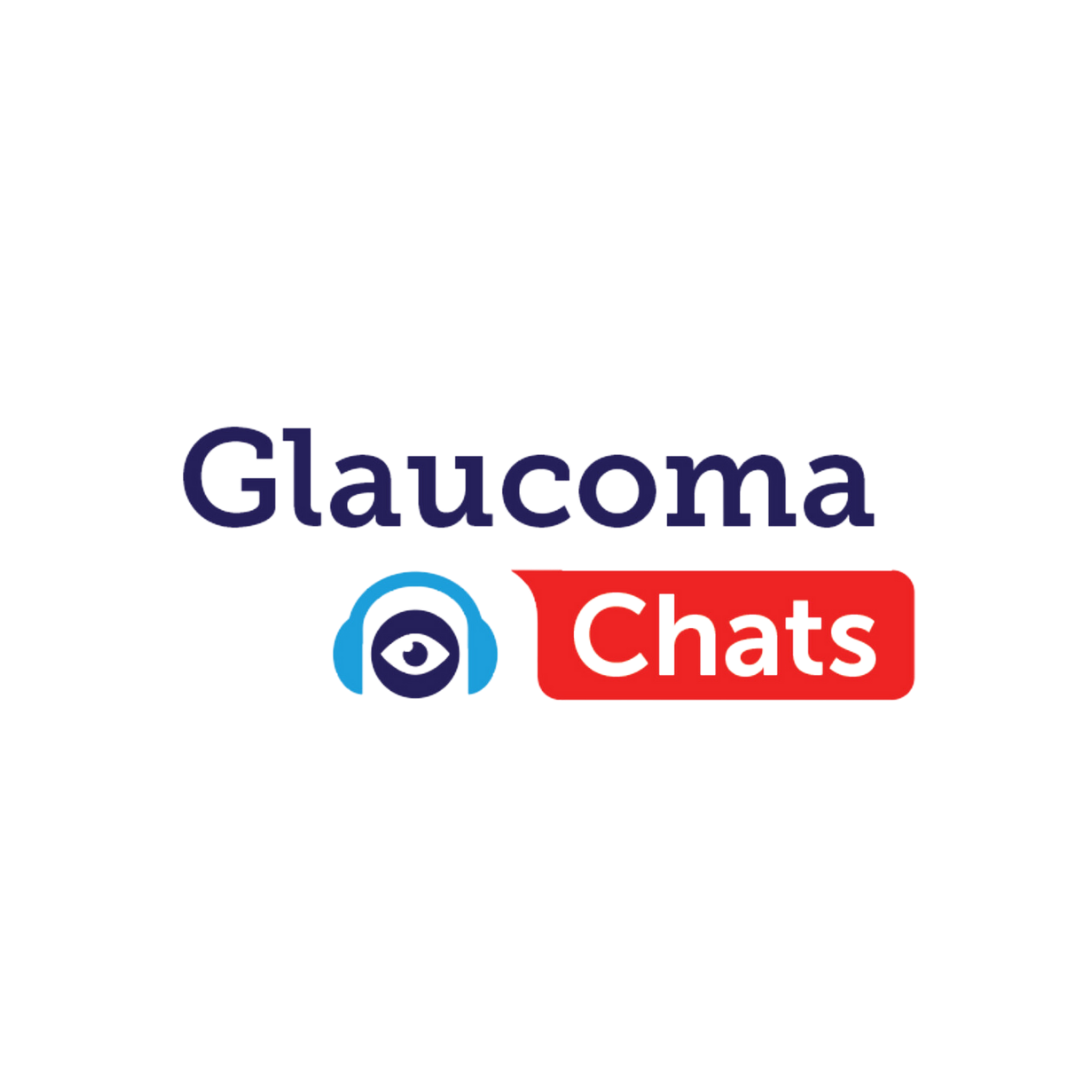
Results of the LiGHT Clinical Trial
Learn about the results of a recent clinical trial comparing glaucoma medications and laser therapy for primary open-angle glaucoma or ocular hypertension.
In newly diagnosed glaucoma or ocular hypertension that requires treatment, each person and their ophthalmologist must decide whether to start with medications or perform laser therapy first. Prior to the LiGHT study (Laser in Glaucoma and Ocular HyperTension) the field viewed both treatments as appropriate first steps, but more commonly people were started on medications first.
The Challenges Associated with Using Glaucoma Medications
Medications, however, can cause multiple issues. Glaucoma drops commonly have side effects that affect vision, eye comfort, and sometimes the rest of the body. Furthermore, the effectiveness of glaucoma drops is highly dependent on the person’s ability to use them with great consistency and routine, and they are taken for one’s entire life. Finally, glaucoma medications can be expensive as they are a recurring cost, which is sometimes inconsistent, as drug shortages and complex pricing structures are passed along to the consumer.
The LiGHT Clinical Trial
Who was Enrolled in the LiGHT Trial?
The LiGHT trial enrolled 718 people with primary open-angle glaucoma and ocular hypertension, with 50 percent randomly selected to undergo selective laser trabeculoplasty (SLT), and 50 percent randomly selected to receive glaucoma eye drops.
What Were the Results of the LiGHT Trial?
At three years, 74 percent of the people who had SLT did not require additional eye drops to maintain their target eye pressures. In addition, those who had undergone SLT were more likely to be within their target eye pressure at clinic visits compared to people who were treated with eye drops, although both groups did well (greater than 90 percent of visits with eye pressures were within the target range). No person who had undergone SLT first required additional glaucoma surgery during the duration of the study, whereas 11 people on eye drops required additional glaucoma surgery to achieve target eye pressure.
What do the LiGHT Trial Results Suggest for Glaucoma Treatment?
Overall, the LiGHT study suggests that laser therapy is an appropriate choice as the first treatment for newly diagnosed glaucoma or ocular hypertension. For many people, it can free them from having to use eye drops, which can have a positive impact on quality of life (although the study did not find any differences in measured quality of life between the laser vs. eye drop groups).
Certainly, a single 15-minute laser treatment done in the office that is pain-free can be a very attractive choice, especially since the LiGHT study did show that it was just as effective, or even more effective, than, glaucoma eye drops. However, it is important to understand that laser therapy is not a cure for glaucoma, and the eye pressure lowering effect can wear off over time. The good news is that laser treatments can be repeated, although the LiGHT study did not examine this possibility.
The LiGHT study provides strong evidence that laser therapy can be a first-line treatment for people with glaucoma and ocular hypertension, bypassing the need to start with eye drops first.
About BrightFocus Foundation
BrightFocus Foundation is a premier global nonprofit funder of research to defeat Alzheimer’s, macular degeneration, and glaucoma. Through its flagship research programs — Alzheimer’s Disease Research, Macular Degeneration Research, and National Glaucoma Research— the Foundation has awarded nearly $300 million in groundbreaking research funding over the past 51 years and shares the latest research findings, expert information, and resources to empower the millions impacted by these devastating diseases. Learn more at brightfocus.org.
Disclaimer: The information provided here is a public service of BrightFocus Foundation and is not intended to constitute medical advice. Please consult your physician for personalized medical, dietary, and/or exercise advice. Any medications or supplements should only be taken under medical supervision. BrightFocus Foundation does not endorse any medical products or therapies.
- Glaucoma Surgery
- Medications









